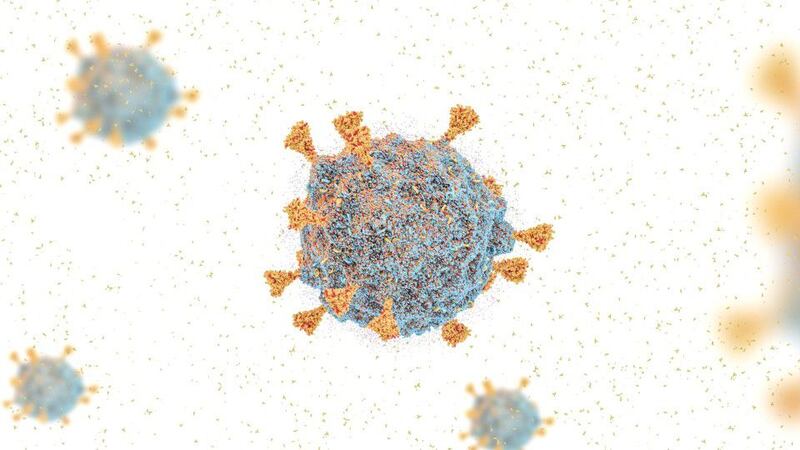The worldwide number of COVID-19 cases confirmed since the pandemic’s onset topped 500 million Tuesday afternoon, more than two years after the first coronavirus infections were reported in late 2019.
Update 6:45 p.m. EDT April 12: By 6 p.m. EDT Tuesday, cumulative global COVID-19 cases totaled 500,356,391, including nearly 40 million cases diagnoses within the past 28 days. Meanwhile, virus-related deaths worldwide approached 6.2 million, according to a Johns Hopkins University tally.
The United States’ cumulative COVID-19 infections topped 80.47 million by Tuesday evening, including more than 49,500 cases and 460 additional deaths recorded in the past 24 hours, according to the Johns Hopkins data. Total virus-related deaths in the U.S. continue climbing toward 1 million, with Tuesday’s tally reaching 986,198.
Original report: By 5 a.m. EDT Tuesday, the cumulative, global case tally compiled by Johns Hopkins University had reached 499,748,065. The United States reported nearly 80.45 million of those infections – more than any other country. India had the second-highest number of total cases with 43,036,132, followed by Brazil with 30,161,909, France with 27,166,205 and Germany with 22,878,428.
The news came as the rate of new coronavirus cases appeared to be declining globally and rising domestically, according to The New York Times. As of Monday, the world was averaging 999,561 new infections per day, down 37% in the past two weeks, the newspaper reported. Meanwhile, the U.S. average was 32,139 new infections per day, up 10% from 14 days earlier.
As for fatalities, the world averaged 3,701 deaths per day – a decrease of 25% in the past two weeks, the newspaper reported. The U.S. average was 522 deaths per day, down 31% from 14 days earlier.
Also on Monday, Oxford University’s Our World in Data project reported that so far, 64.8% of the global population has received at least one dose of a coronavirus vaccine, compared with just 14.8% of the population in low-income countries. In the U.S., more than 77% of residents have received at least one vaccine dose, compared with fewer than 17% of residents in Kenya, Nigeria and Tanzania, according to the university.
More coronavirus pandemic coverage:
>> Coronavirus: How long between exposure to the virus and the start of symptoms?
>> How to not let coronavirus pandemic fatigue set in, battle back if it does
©2022 Cox Media Group








